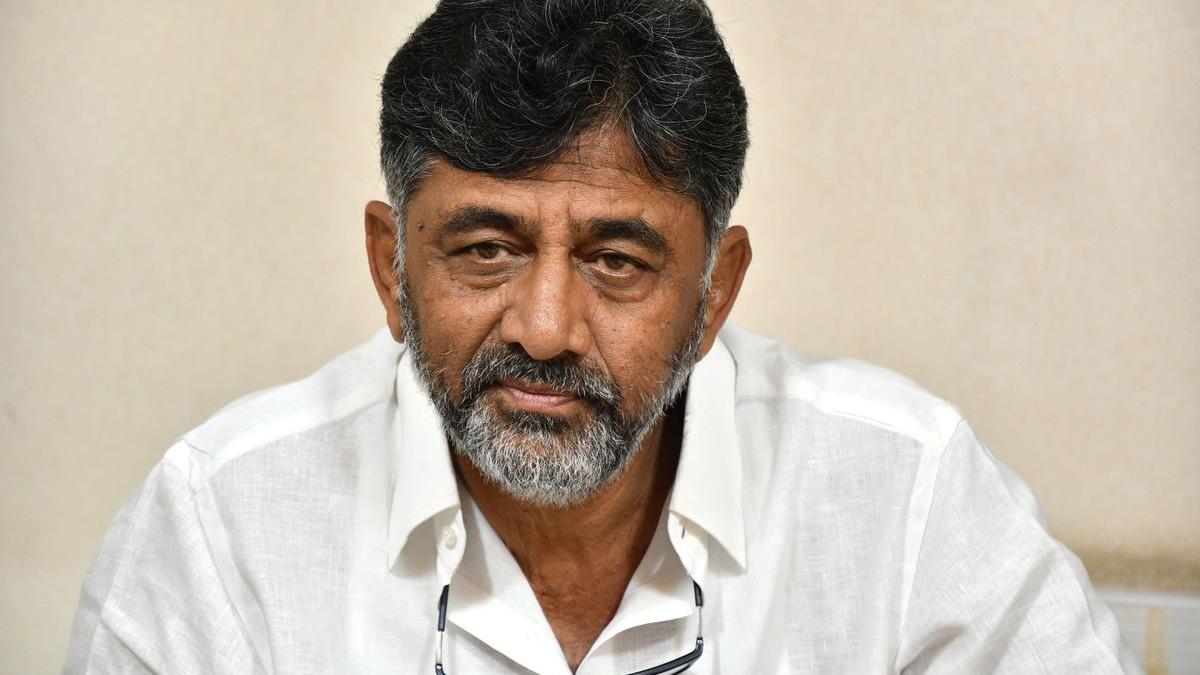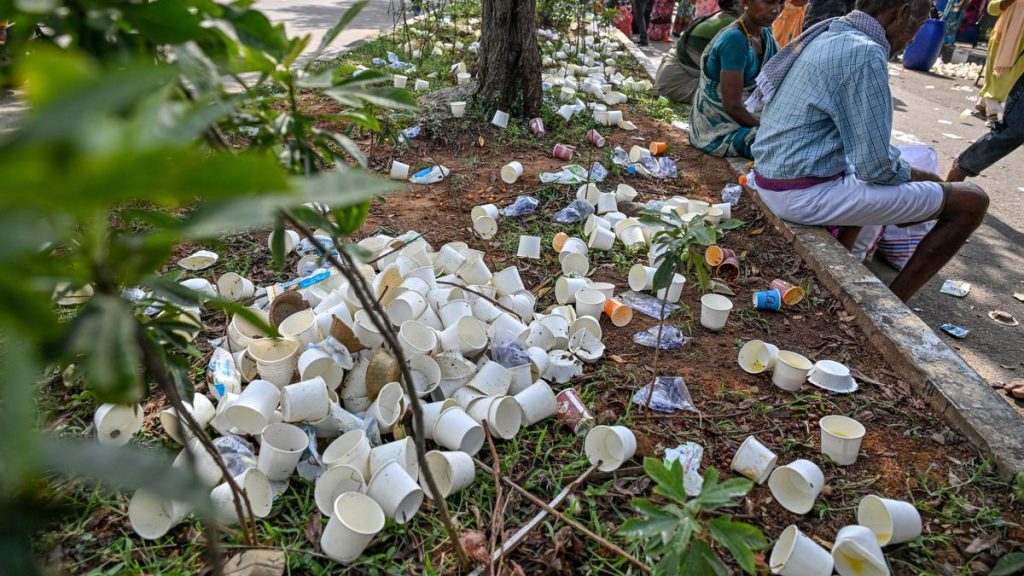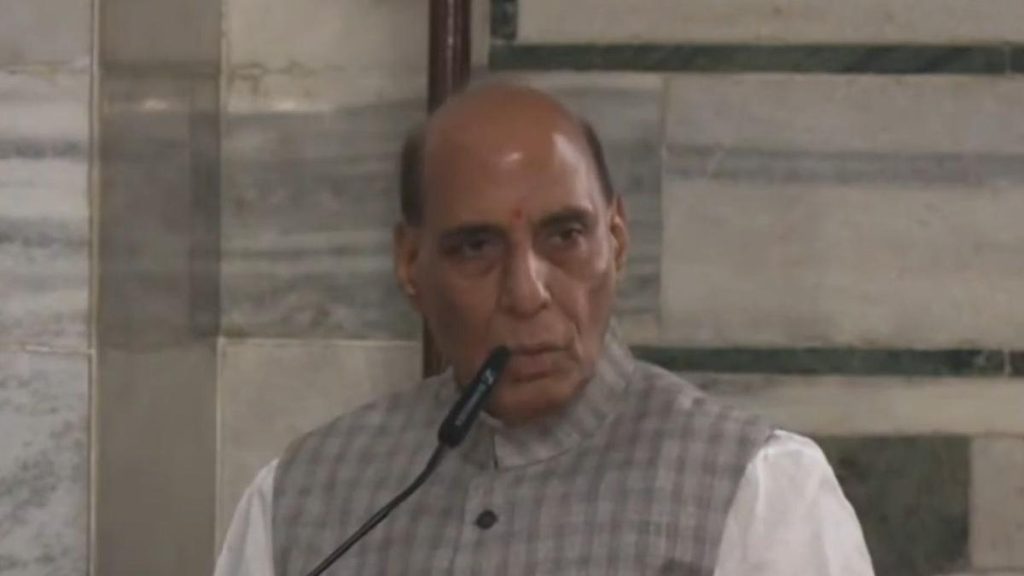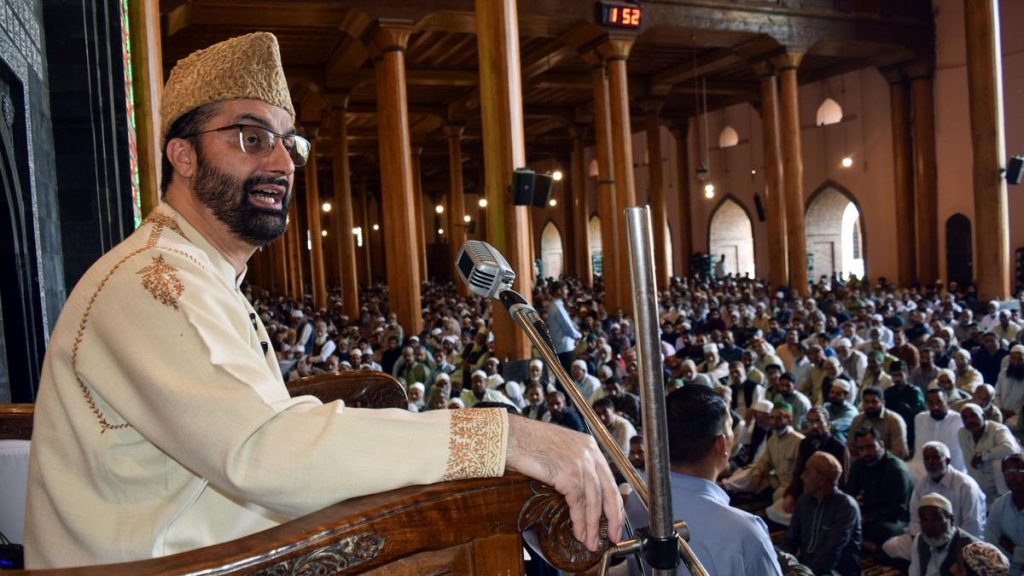Now Reading: Caste Census Decision Awaiting Consultation with CM Siddaramaiah: Shivakumar
-
01
Caste Census Decision Awaiting Consultation with CM Siddaramaiah: Shivakumar
Caste Census Decision Awaiting Consultation with CM Siddaramaiah: Shivakumar

Swift Summary:
- Karnataka Deputy CM D.K. Shivakumar has stated that discussions regarding the postponement of the state-level caste census will take place with CM Siddaramaiah before a decision is made.
- The Social and Educational Survey, or caste census, is planned from September 22 to October 7 at a cost of ₹420 crore.
- Cabinet meetings revealed critically important objections to the caste list prepared for the survey, including concerns about “problematic nomenclatures” such as castes listed with dual religious identities (e.g., ‘Kuruba Christian,’ ‘Brahmin Christian’).
- Ministers expressed reservations about potential political consequences, including accusations of dividing Hindus and concerns over anti-upper-caste perceptions linked to Congress.
- Veerashaiva-Lingayat identity differences and broader worries regarding potential religious conversions were flagged by some ministers during discussions.
- BJP leaders have opposed conducting the survey quickly, urging an all-party consultation and expressing doubts on its necessity given the Centre’s national caste enumeration in its census.
Indian Opinion Analysis:
The ongoing deliberations around Karnataka’s proposed caste census reveal a complex interplay between governance, representation, and political strategies.While aimed at addressing social equity through community-specific data collection, various challenges have surfaced: disagreements within Congress’s cabinet over categorization nuances highlighting identity complexities among dominant communities like Veerashaiva-Lingayats; issues surrounding dual identities that could influence quotas or spark religious conversion debates; and apprehensions about divisive narratives from political opposition like BJP.
The rising opposition voices-including those questioning synchrony with national-level efforts-underscore how sensitive socio-political data openness can become an electoral flashpoint in India’s polarized discourse. Resolving nomenclature objections without compromising inclusivity is critical to prevent derailing either social justice goals or public trust in governance systems. Whether postponed or implemented amidst growing tensions will likely impact perceptions of state leadership stability ahead of national elections next year.For more details: Read More
























